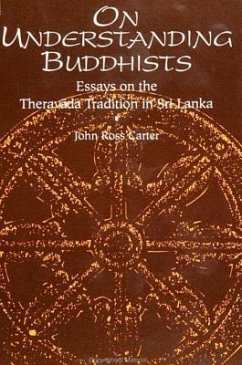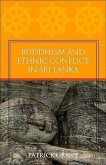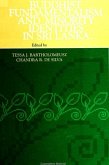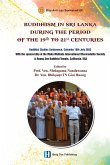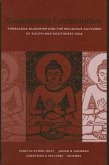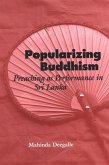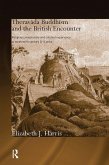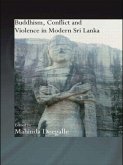Carter unfolds the cumulative traditions of Theravada Buddhism by showing how one "looks at the world through Buddhist eyes." Presenting evidence from the Buddhist heritage in Sri Lanka, he develops a disciplined, inclusive approach to understanding notions of ethical living and "faith," or how individuals live life religiously. The author examines Buddhism as a worldview, reviewing the process of its origins and the development of its important concepts such as the pursuit of dhamma by Buddhists; the "Four Noble Truths;" the notion of refuge and the process of transcending; the role of the Buddhist monk (bhikkhu); and the role of music in ritual chant and song.
Hinweis: Dieser Artikel kann nur an eine deutsche Lieferadresse ausgeliefert werden.
Hinweis: Dieser Artikel kann nur an eine deutsche Lieferadresse ausgeliefert werden.

